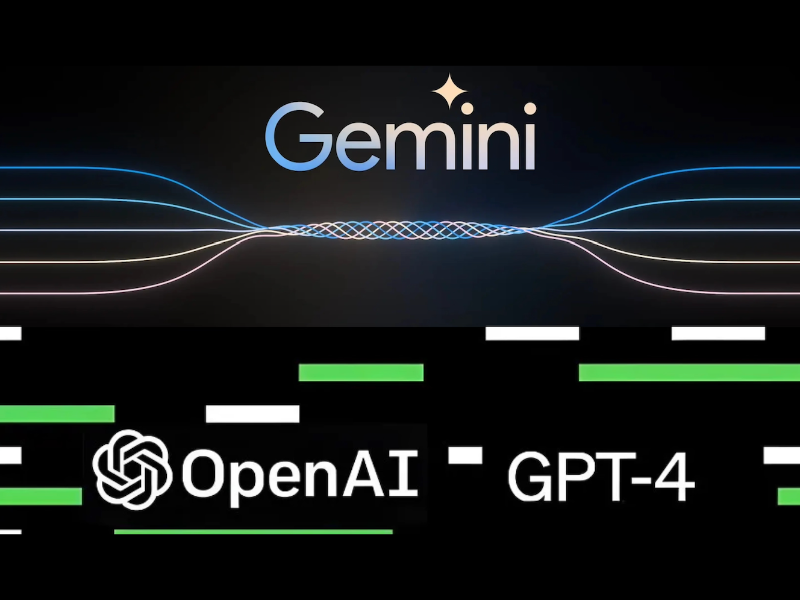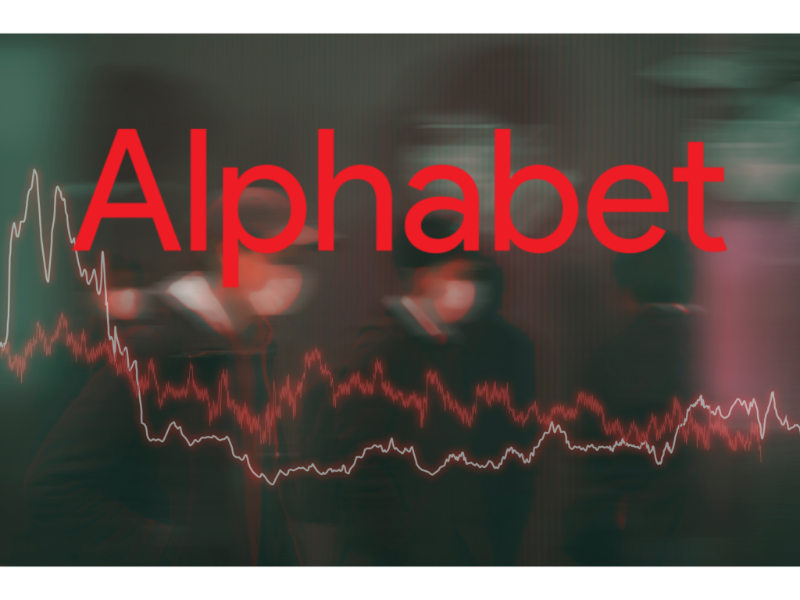- Alphabet’s robust year-end was overshadowed by Q4 ad revenue below expectations.
- Google faces threats to search dominance with subpar performance, AI competition, and antitrust challenges.
- Alphabet’s future focuses on AI, but concerns arise as Google lags behind in the AI race.
A robust year-end was overshadowed by Alphabet’s fourth-quarter revenue from its main search advertising division, which fell below analyst projections.
Alphabet Q4 ad revenue below expectations
With revenues up 13% from $76.05 billion a year earlier, Alphabet recorded its best quarter for revenue growth since early 2022, the firm said in a statement. However, according to StreetAccount, ad revenue of $65.52 billion fell short of analysts’ projections of $65.94 billion.
Although the results were mostly better than expected, investors remained unsatisfied. Facebook’s ad business is expanding more quickly, and TikTok continues to pose a competitive challenge as more younger users use the app to produce short viral videos.
Alphabet shares saw a 6% decline in after-hours trade.
According to Thomas Monteiro, an analyst at Investing.com, “Alphabet’s disappointing ad revenue numbers suggest that corporations worldwide are still uncertain about the pace of interest rate cuts from global central banks.”
Also read: How does Alphabet plan to thwart AI manipulation in elections?
Alphabet’s future focuses on AI
Amidst broader uncertainties surrounding Google’s search engine, the recent subpar performance coincides with a significant antitrust case. The search giant, which has long dominated the global internet, faces a challenging landscape with emerging competition. The ascent of generative AI has empowered companies such as Microsoft and OpenAI to offer programs that engage users in a more conversational manner, exemplified by the widespread popularity of chatbots ChatGPT. This evolving landscape poses a threat to Google’s longstanding dominance.
High expectations from Wall Street pushed Alphabet’s stock by almost 60% in the last 12 months, placing the company’s valuation close to $2 trillion. Yet, investors are now keen to discern when the advancements in AI will truly influence earnings and revenue.
Google published Gemini, its most potent big language model, last month as part of its rush to incorporate the new AI technology into its own businesses. However, Alphabet has been plagued by worries that it has lagged behind Microsoft in the AI race and has been too sluggish to seize the opportunity presented by the market change.
Google DeepMind has developed a series of multimodal big language models called Gemini. It was introduced as a competitor to OpenAI’s GPT-4 on December 6, 2023. It was claimed that Gemini was special since it was not trained just on a text corpus and that its multimodal architecture allowed it to interpret text, pictures, audio, video, and computer code at the same time.

Google Cloud has become more and more appealing to investors as Alphabet concentrates on AI. The segment turned a profit in Q4 of last year, but sales growth had slowed as clients reduced their use of cloud services.
Sundar Pichai, the CEO of Alphabet, is still committed to advancing artificial intelligence and incorporating cutting-edge generative AI technologies into more of Google’s core offerings. Pichai stated that in order to get there, the business must make cuts elsewhere, which would need more layoffs on top of the 12,000 that were made in the previous year, or about 6% of its full-time staff.
Also read: A look at Alphabet’s Gemini, the AI model aiming to challenge ChatGPT-4

